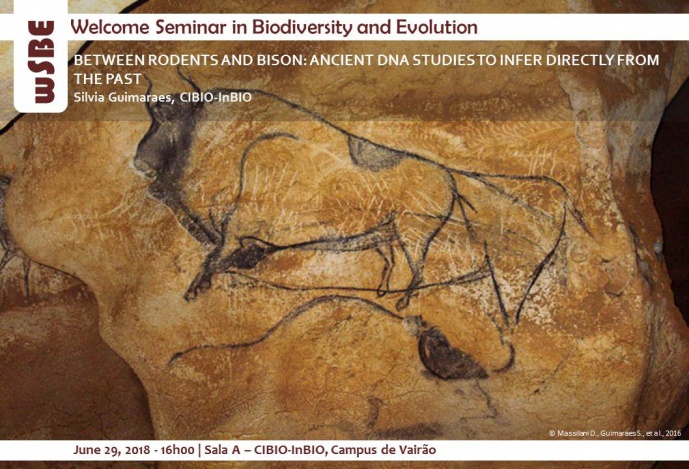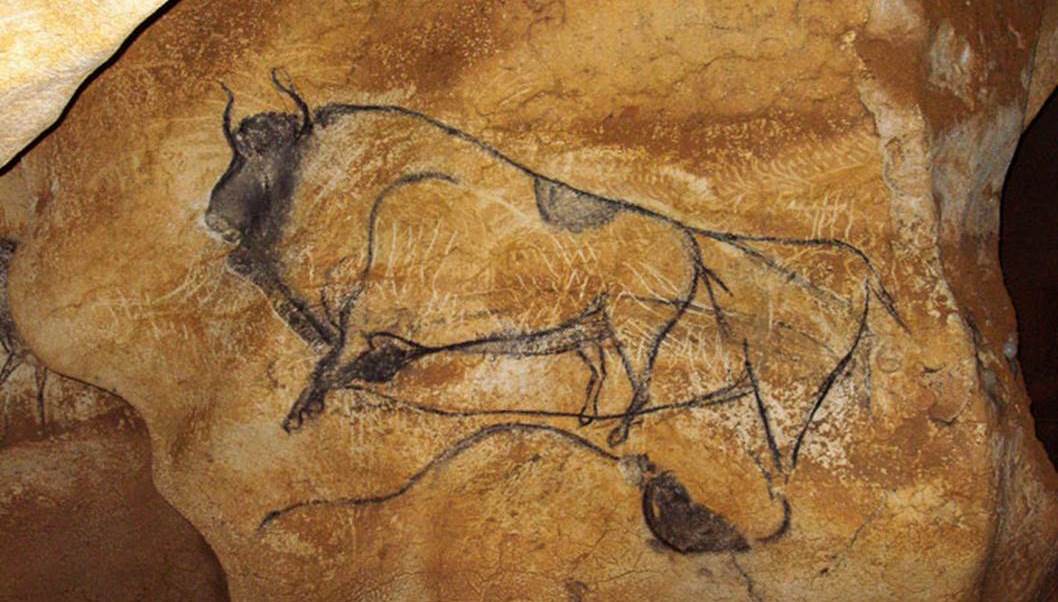BETWEEN RODENTS AND BISON: ANCIENT DNA STUDIES TO INFER DIRECTLY FROM THE PAST

WELCOME SEMINAR IN BIODIVERSITY AND EVOLUTION

Silvia has been working for several years in the field of ancient DNA research and she will give an overview of two of the most recent projects in which she has been involved. She will first present a cost-effective high-throughput metabarcoding approach, aMPlex Torrent that her group developed. It relies on an improved multiplex PCR adapted to highly degraded DNA, combining barcoding and next-generation sequencing (Ion Torrent) to simultaneously analyze many heterogeneous samples. This approach enabled to generate a phylochronology through the genotyping of ancient rodent remains from a Moroccan cave whose stratigraphy covers the last 120.000 years.
She will also present a study on the origin and population dynamics of bison in Europe. The European bison or wisent (Bison bonasus), one of the last wild European large mammals, narrowly escaped extinction at the onset of the 20th century owing to hunting and habitat fragmentation. Little is known, however, about its origin, evolutionary history and population dynamics during the Pleistocene. Through the analysis of DNA preserved in ancient bison remains from Eurasia covering the last 50.000 years we were able to infer some of the population migrations, extinctions and replacements as well as to trace back its origin.
Silvia Guimaraes joined CIBIO-InBIO in May as a post-doc in the Archaeogenetics group. She will collaborate in the ARCHAIC project that aims to investigate the origins and modes of improvement of cattle in the Iberian peninsula. She studied Microbiology at the High School of Biotechnology - Catholic University of Porto and she obtained her PhD degree in Palaeogenetics at the University of Florence (Italy) in 2007. In 2010 she integrated the Paleogenome and Epigenome group at the Institute Jacques Monod in Paris lead by Eva-Maria Geigl and Thierry Grange as a research assistant, where she participated in several research projects addressing questions about the evolutionary history of wild and domestic animal species including phylogeographical studies, population dynamics and domestication events.
[Host: Catarina Ginja, Archaeogenetics]
Image credits: Massilani D., Guimaraes S., et al., 2016